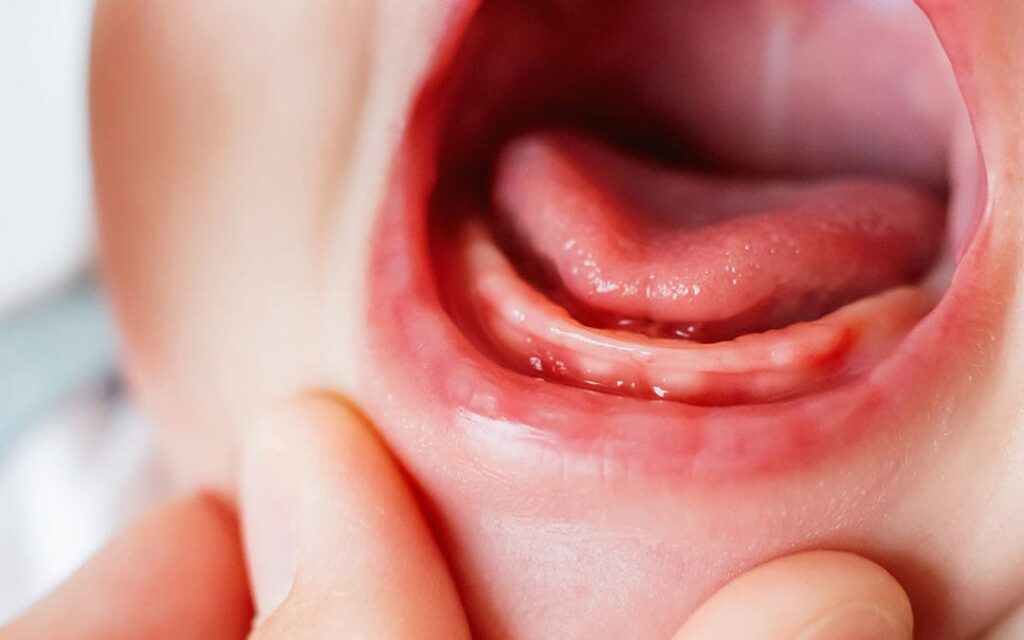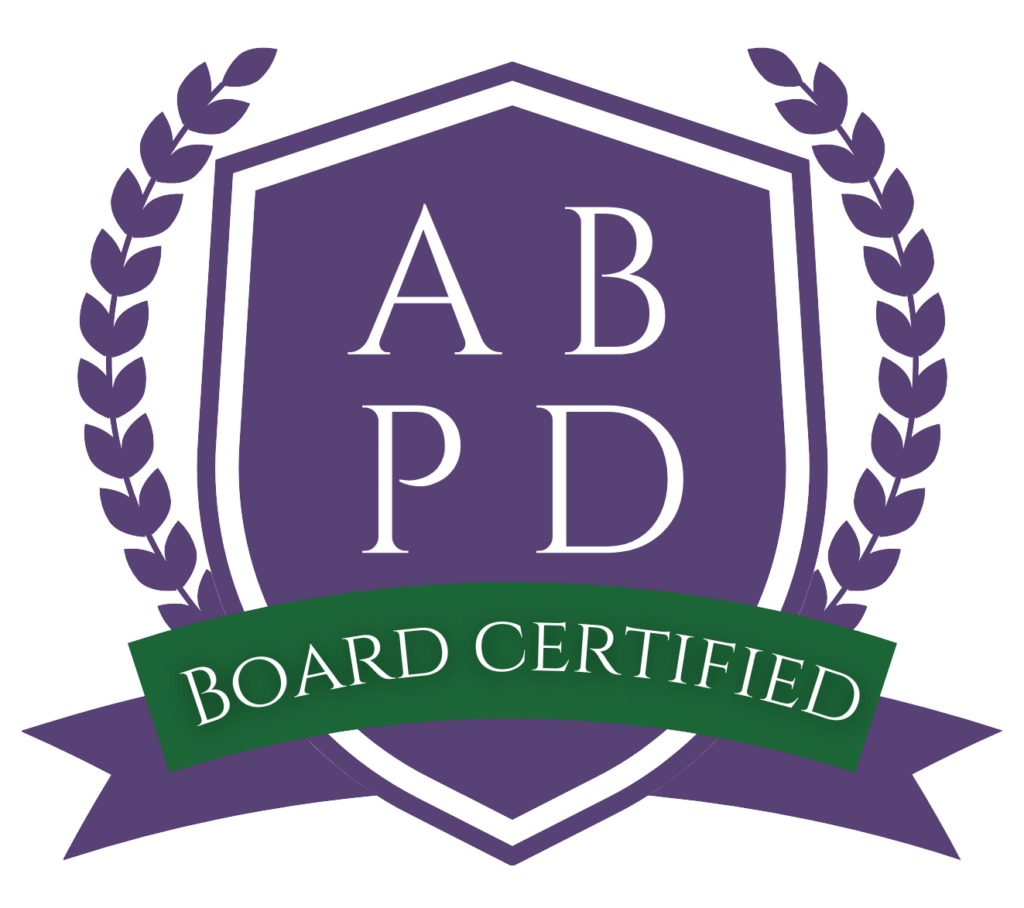Infant care
Babies generally get their first tooth somewhere between six months and a year of age. However, baby teeth care should start as soon as your little one is born. Those early habits you develop with your baby caring for their mouth can set your child up for an entire life of healthy teeth and gums.
Children today are at a higher risk of cavities and tooth decay due to high sugar diets and poor dental hygiene routines. Starting a good oral hygiene routine with your child will help them maintain optimal oral health for the rest of their life. Here’s a closer look at some essential infant dental care tips to remember as you care for baby teeth and gums.



Caring for your infant’s undeveloped smile will set them up for a lifetime of healthy teeth and gums. Infant care of your baby’s smile typically lasts from birth until about six months of age, when the first tooth erupts.
Infant Gum Care
Caring for your infant’s gums should be a priority long before they teethe and their baby teeth begin to grow in. Getting your baby used to you cleaning their gums will make it easier once their baby teeth erupt and you start brushing them. Luckily, bacteria won’t harm your baby’s gums before their teeth erupt, even while they’re teething.
Although your baby may fuss a bit, it’s important to keep doing this to ensure your child gets used to the sensation of having their gums cleaned. After feedings, use a soft, wet, clean washcloth to wipe the upper and lower gums gently.
Teething and Teething Rings
Teething in babies can begin as early as two months of age. Teething marks the start of your child’s teeth beginning to erupt. The teething process can last up to six months, and is an uncomfortable experience for babies. Once your baby first starts teething, you may want to give him a teething ring to help with discomfort. Teething rings massage the gums and help relieve some of the pain your baby is experiencing. Chewing on teething rings can also help the tooth break through your baby’s gums.
When it comes to choosing a teething ring, make sure you are choosing one that is safe for your child. Check the label before you buy and avoid options with BPA or phthalates. It is recommended to avoid liquid-filled teething rings, just in case your baby breaks the ring open during teething. You may be tempted to freeze the teething rings to provide your baby extra comfort as they teethe. However, you should also avoid freezing teething rings, as they may cause frostbite or make them too hard for your child to safely teethe with. Instead, chill the teething ring in the refrigerator which will provide a safer, soothing temperature.
Focusing on good dietary habits during infancy will encourage healthy gums and forming teeth. You should only give your baby breast milk or formula until they are ready to be introduced to solids, which is at about six months of age. After this, you can start introducing certain solid foods and water. Giving your baby fluoridated water will help strengthen their tooth enamel, and prevent tooth decay and cavities.
Once your baby starts eating solid foods after their teeth erupt, encourage healthy foods like low-fat dairy products, vegetables, and crunchy fruits like apples that can help clean teeth. As he or she begins eating solid food, remember that the following foods can contribute to cavities:
Unfortunately, home accidents involving infants are common. These types of accidents can lead to dental injuries in infants and young children. Before your baby gets mobile, start thinking about baby proofing your home. A few essential tips for proofing your home for dental injuries include:
 We warmly welcome all of our new patients to our practice! We aim to have a highly specialized pediatric dental practice to deliver optimal preventative and restorative dental work to all patients, in a setting that is psychologically rewarding and one of a kind. We seek to provide a dental home for our patients, focusing on preventative strategies to limit high risk habits, leading to lower rates of caries.
We warmly welcome all of our new patients to our practice! We aim to have a highly specialized pediatric dental practice to deliver optimal preventative and restorative dental work to all patients, in a setting that is psychologically rewarding and one of a kind. We seek to provide a dental home for our patients, focusing on preventative strategies to limit high risk habits, leading to lower rates of caries. 
© 2025 Sprout Pediatric Dentistry. All Rights Reserved.
Web Design & Development by Striped Horse Digital